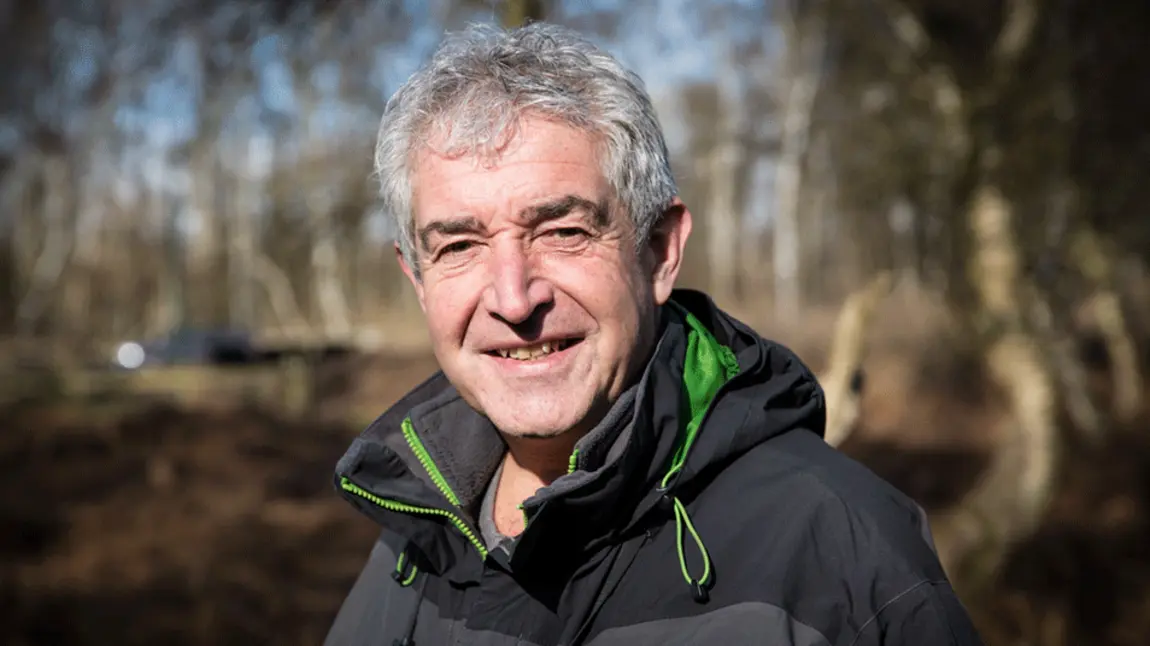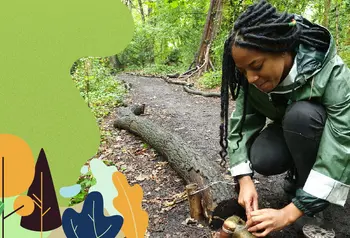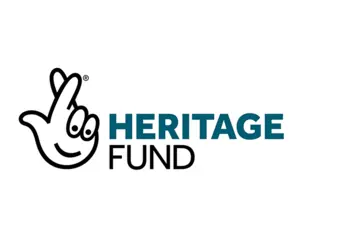Saving the green spaces that helped us through lockdown

In laying the foundations for a green recovery, we need to ensure that environmental organisations and the partnerships they work within across England are engaged and supported. So I am delighted to see the launch of the £40million Green Recovery Challenge Fund.
When the UK turned to nature
The importance of a healthy natural environment is now fully acknowledged for what it provides to our society. Recognising not only the value of nature for its own sake, but also the many vital benefits it provides for people, for our health and wellbeing, and in tackling climate change, reducing flood risk, improving water quality and contributing to food security.
We have all noted the impact that lockdown had on people who were unable to easily access quality green space, particularly in urban areas. This was shown in the rush to the countryside once lockdown started to ease. It has been wonderful to see the pleasure people find outside, in our incredible National Nature Reserves, urban green spaces, Areas of Outstanding Natural Beauty and National Parks. This really reinforces the importance of continuing to protect these places, and to really get on with the task of making them better, including for wildlife.
"Almost half the population (46%) are spending more time outside than before the coronavirus (COVID-19) pandemic."
Wildlife for wellbeing
Natural England now has excellent evidence from our People and Nature survey for England. Latest data from July shows that almost half the population (46%) are spending more time outside than before the pandemic, up from 26% in May.
In addition, 42% of adults reported that ‘nature and wildlife is more important than ever to my wellbeing’. Urban green spaces continue to be the most popular type of green space visited, with 50% of adults reporting a visit in July.
The challenge for the sector
The pandemic has had a huge impact on the organisations that work so hard to protect and enhance our natural environment. There have been financial impacts through things like reduced membership and visitor numbers.
There have also been direct impacts on our most important sites and species, as projects to protect and improve them were put on hold when staff were unable to get out and continue the vitally important work they do.
Charities have been able to take advantage of government support such as the furlough scheme, but inevitably there has been an impact on jobs. And not just in the charities themselves, but in support industries such as environmental contractors, catering and tourism.
"The task (of improving the environment) was already a huge challenge, and we cannot afford to allow a long-term reduction in the capacity of the sector if we hope to meet it."
The 25 Year Environment Plan
Our fantastic charity sector environmental organisations have a key role to play in working with government and the private sector to meet the ambitions of the Government’s 25 Year Environment Plan (25YEP). The task was already a huge challenge, and we cannot afford to allow a long-term reduction in the capacity of the sector if we hope to meet it.
This Green Recovery Challenge Fund is fully in tune with current thinking. It takes a broad approach to restoring nature through funding projects that not only aid wildlife recovery, but which also increase carbon capture, reduce flood risk, improve water quality, boost tourism, and benefit public health and wellbeing.
By focusing on the three key themes of restoring nature, supporting nature based solutions and connecting people with nature, this fund will provide an excellent opportunity for environmental charities and partnerships to kick-start projects that help achieve the goals of the 25YEP. It will also help to sustain and build capacity in the sector for the future.

Rising to the challenge
To respond to the immediate challenges facing the environment sector, this fund has been established at pace and it requies applicants to respond quickly. We realise this will create a little pressure, but having worked with many such organisations for a long time, I know you are able to do this. (You are not called pressure groups for nothing.)
It is also an excellent move to deliver the fund through a partnership of Defra and its Arm’s-Length Bodies, including Natural England, Forestry Commission, Environment Agency and others. And distribution of the grants through The National Lottery Heritage Fund has put it in a very safe pair of hands. They have a tremendous track record in delivering grant schemes that have supported excellent nature protection and recovery initiatives and I’m sure will be making good choices as you submit applications.
I encourage all environmental charitable organisations to apply. Be part of setting the foundation for proper integrated nature recovery for the long term benefit of nature, people and places. I hope we get the very best spread of applications.
Your projects, and this fund, can be a genuine catalyst for green recovery by retaining jobs and skills, moving environmental initiatives forward, and providing high-quality access opportunities for people from all areas of society.
Applying to the Green Recovery Challenge Fund
The £40m fund is open to environmental charities and partnerships in England with projects that are ready to start and can be completed by March 2022.
Applications for grants from £50,000-£250,000 must be submitted by midday on 2 October 2020. For applications over £250,000 up to £5m, there is a two-step process, with initial expressions of interest required by midday on 24 September 2020.
Read the full criteria and application guidance and apply online.


